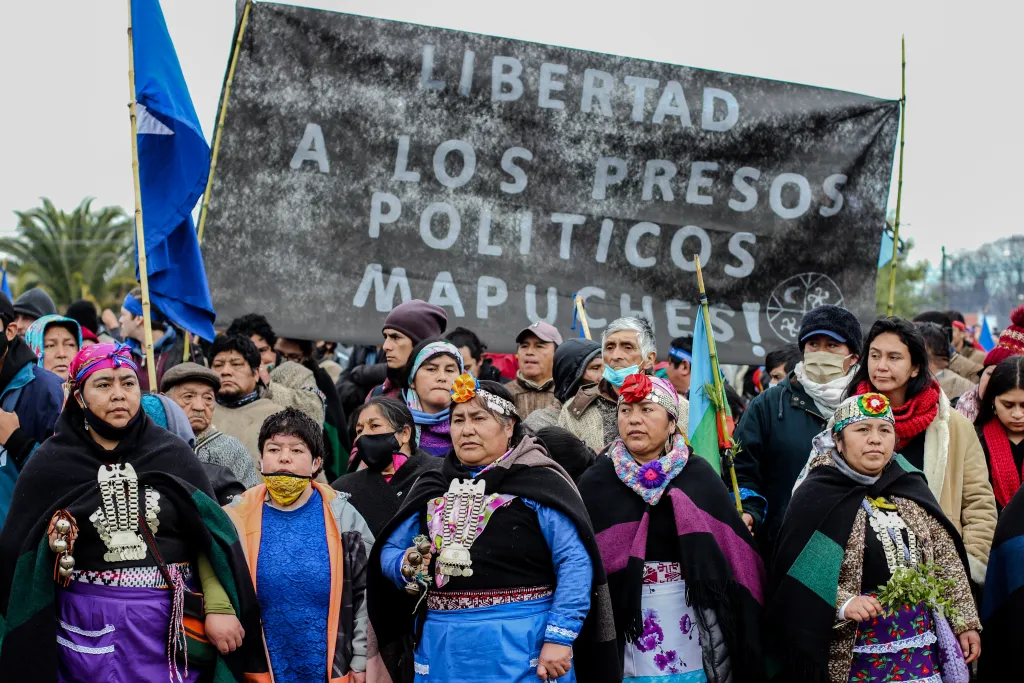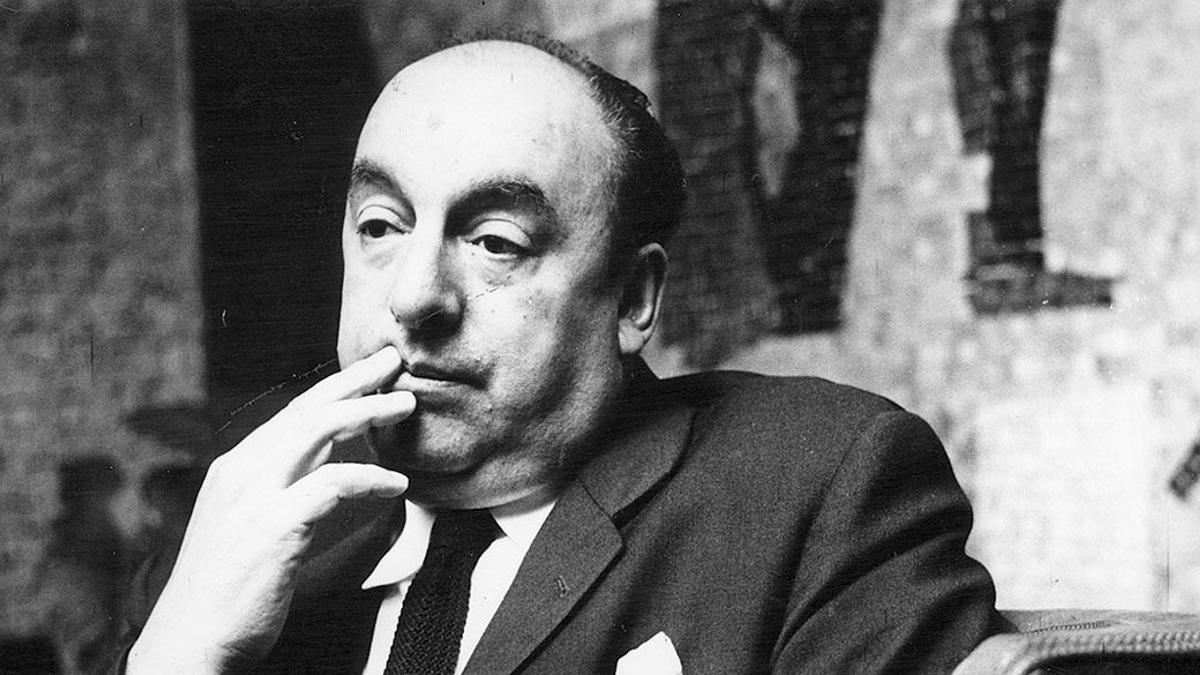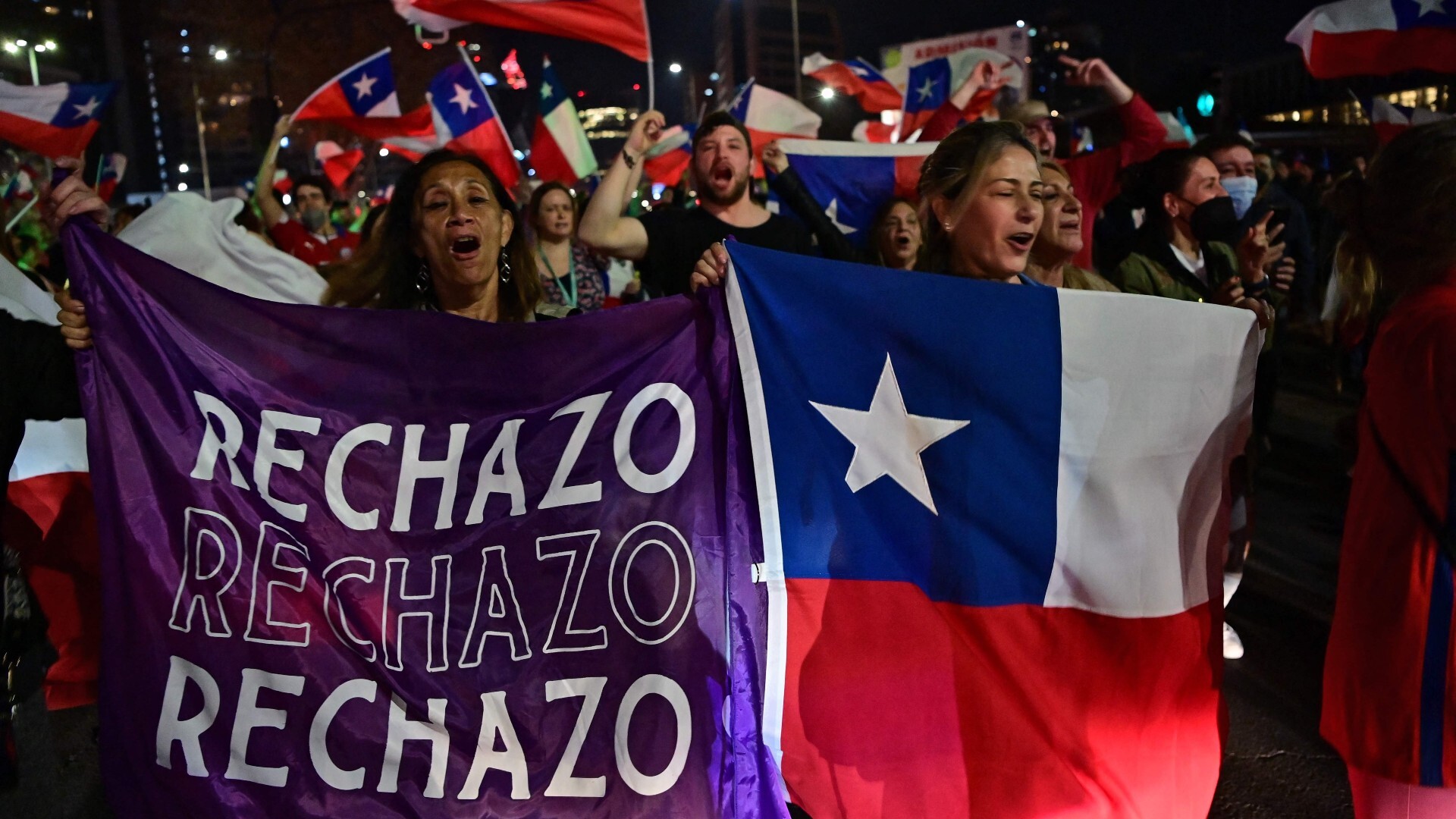A Mapuche will lead the group to approve the new Chilean Constitution
- The Convention of 155 members has amended the 1980 Constitution of dictator Augusto Pinochet, but not that of 1980. On July 4, the female mapuche Elisa Loncón has been in charge of leading the group. They are starting to work today.

The Convention for the Drafting of the new Chilean Constitution is being implemented in Chile today. It will have a year in which to reform the 1980 Constitution of dictator Augusto Pinochet, which until now was in force. The group to adopt the new legislation consists of 155 members: half are women and the indigenous peoples have seventeen seats reserved. The Convention is chaired by the woman and the Mapuche, the linguist Elisa Loncón.
Loncón is a linguist, doctor in humanities and literature, and teaches Mapudungun language at the University of Santiago de Compostela. On 4 July, he was appointed new head of the group responsible for drafting the new Chilean Constitution, according to the communiqué. After the vote, he gave his speech in mapudungune and then translated it into Spanish: “This force is for all the people, for all sectors and regions, for all the nations of origin, for all the institutions and for the sexual diversity that we have next door. This goodbye is for women who have been against any system of domination.” Loncón has called on all citizens and agents to work as a team to turn Chile into a "multi-country and intercultural" country.
Loncón has succeeded in bringing together an absolute majority in the votes to the Constituent Convention held last Sunday in Catalonia. Although in the first vote it was supported by indigenous peoples, socialists and the left-wing party Frente Zabala, none of the candidates for the presidency has achieved the necessary support. In the second round, with the support of the Communist Party and the members of the People’s List, Loncón won 58 votes, against 22 of the leader of RN Innovación Nacional, Harry Jurgensen.
Loncón shall govern a Convention of 155 members: 77 are women and 78 men. In addition, officially recognized indigenous peoples, which account for 12.8% of the population of Chile, have seventeen seats reserved: the Mapuches have seven, the mothers two and the rest one. The Constituent Group shall have a period of 12 months to draft the new regime. Thus, in July 2022, the fourth constitution of Chile, the first one after the dictatorship, would be voted in popular referendum.
Now, in Chile, the law that Augusto Pinochet established in 1980 is in force. According to Al Yazira, the Convention aims to implement a new model of the educational and health system and to annul the current private pension system so that labour rights are respected in the Basque Autonomous Community. It is also intended to strengthen women’s rights, as well as to take measures to prevent discrimination against the most disadvantaged groups.
State of Chile
According to CNN, the World Inequality Lab study reveals that Chile is the country with the most unequal distribution of wealth in all of South America: 60% of national income is in the hands of 10% of the population. This socio-economic model has given rise to numerous protests in the country, especially after Sebastián Piñera’s arrival in the country’s presidency.
According to data provided by Berria, protests worsened in autumn 2019. On 15 November, a general strike was carried out in which at least 30 deaths and thousands of injuries were recorded in the fire. Following the incident, the Government and the opposition decided to hold a popular consultation to approve the new Constitution, which was endorsed by 78 per cent of the citizens.
One of the main conflicts of Chilean President Gabriel Boric since the beginning of his mandate has been the conflict in the territory of Araucania in the south. In recent years, the struggle between the Mapuches and the Chilean state, among others, for land ownership has... [+]






















